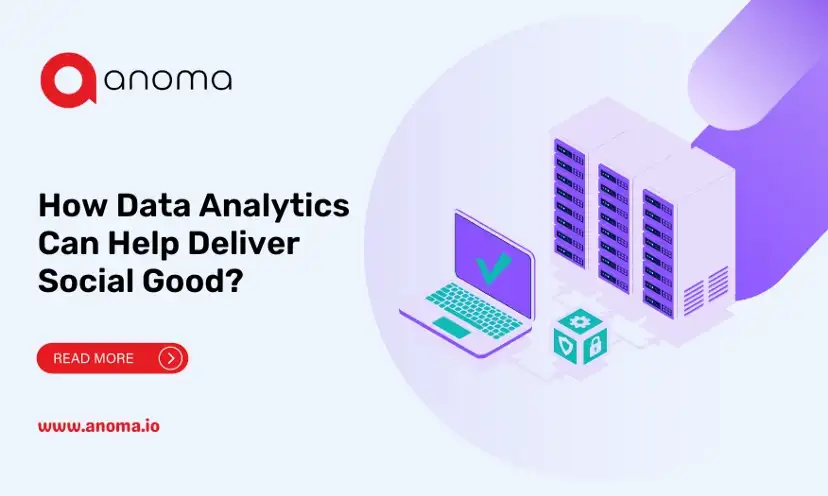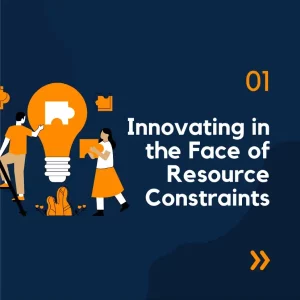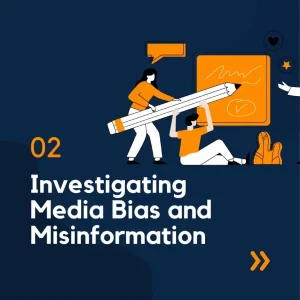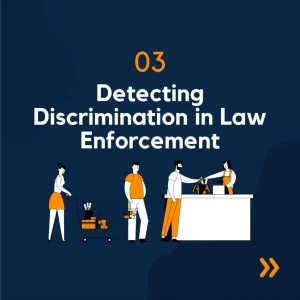- February 8, 2023
- Posted by: Author Anoma
- Categories:

“ Data are just summaries of thousands of stories — tell a few of those stories to help make the data meaningful. ” ~ Dan Heath
Data Analytics – Anoma Tech Innovations are finding applications outside of business settings to provide effective solutions to pressing social problems. In one novel experiment, data analysis on sex trafficking provided insights into directing preventive and remedial resources to poorer areas where victims are trapped, rather than the richer, urban areas where they are sold.
In another case, machine learning tools assisted the Greek government in identifying incoming COVID-19-infected travelers at nearly twice the rate that conventional random tests would have achieved, reducing the virus’s spread within the country.
Analytics can also be used to correct long-held misconceptions about the role of media in shaping public opinion: TV broadcasts are far more harmful than social media in disseminating biased information, according to another study that used analytics.
“No data is clean, but most is useful.” ~ Dean Abbott
Hamsa Bastani, Duncan Watts, and Dean Knox, all Wharton professors of operations, information, and decisions, served on the panel. Knox is also a co-founder of the Research on Policing Reform and Accountability Project. Watts is also the director of the University of Pennsylvania’s Computational Social Science Lab and a professor at Penn’s School of Engineering and Applied Science and Annenberg School of Communication.

Beyond Business, this year “sheds light on how Data Analytics – Anoma Tech Innovations, artificial intelligence, and machine learning are providing viable pathways for solutions in every domain,” according to James. The first of this year’s series, held in November, focused on how analytics is influencing critical financial decision-making.
Innovating in the Face of Resource Constraints
Providing social good is fertile ground for analytics innovation using machine learning and artificial intelligence (AI) tools. In the COVID platform Bastani and her colleagues deployed for Greece, for example, they trained a machine learning tool called reinforcement learning, which identified nearly twice as many infected travelers at the border as conventional random testing would have.

Investigating Media Bias and Misinformation
“Machine learning provided us with previously opaque problems, such as human trafficking,” she said. She and a Wharton doctoral student used deep learning to process 14 million deep web ads on commercial sex sales websites to identify entities deceptively recruiting vulnerable populations for non-sex jobs like modeling or massage and then selling sex to customers.
Data Analytics – Anoma Tech Innovations
Detecting Discrimination in Law Enforcement
Knox began investigating police departments after noticing that “a lot of academic research was being cited in various quarters, often to claim that there was no systemic bias.” Those findings were based on so-called “stop data” generated by police departments, which revealed that “the use of force against Black and white civilians was not all that different” during traffic stops.

Read more at www.anoma.io
